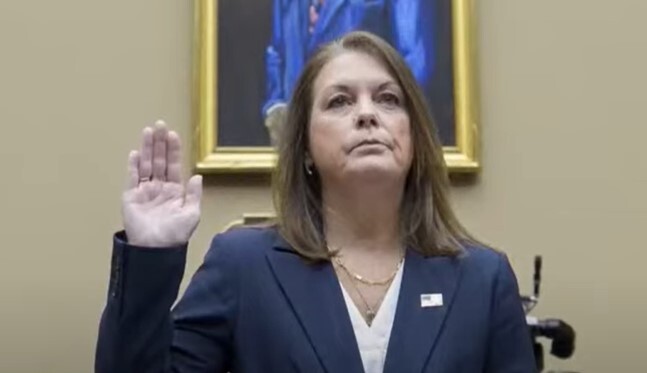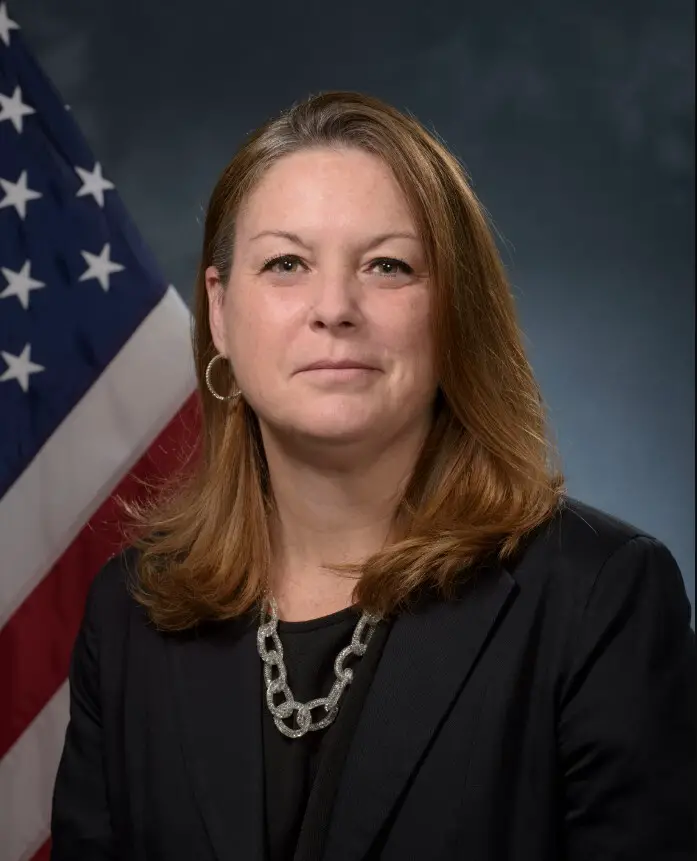Kimberly Cheatle, the Director of the US Secret Service, has resigned following the assassination attempt on Donald Trump. The incident occurred at a rally in Pennsylvania on July 13, where a shooter, Thomas Crooks, fired from a rooftop approximately 200 yards away, injuring Trump and killing an attendee. Cheatle faced intense scrutiny from a House committee, particularly from Alexandria Ocasio-Cortez, over the Secret Service’s handling of the event. Critics questioned why the security perimeter did not account for the range of the AR-15 used in the attack, highlighting significant security lapses.
Cheatle, who initially refused to resign, ultimately stepped down amid mounting criticism. She acknowledged the complexity of securing the rally site but was unable to assuage concerns over the Secret Service’s preparedness and response. Ocasio-Cortez and other lawmakers, including Trump supporters, called for her resignation, emphasizing the need for accountability in protecting high-profile individuals. This rare moment of unity across the political aisle underscored the severity of the situation.

The resignation has brought to light significant concerns about the Secret Service’s protocols and the effectiveness of their security measures. The agency now faces the challenge of addressing these shortcomings to restore public and governmental confidence. Investigations into the attempted assassination are ongoing, as the Secret Service seeks to learn from the incident and improve its future operations.
Cheatle’s departure marks a significant shift in the Secret Service’s leadership during a critical time. As the agency undergoes scrutiny and potential restructuring, the focus remains on ensuring the safety of public figures and preventing such incidents from occurring again. The fallout from this event will likely influence the Secret Service’s strategies and policies moving forward.




